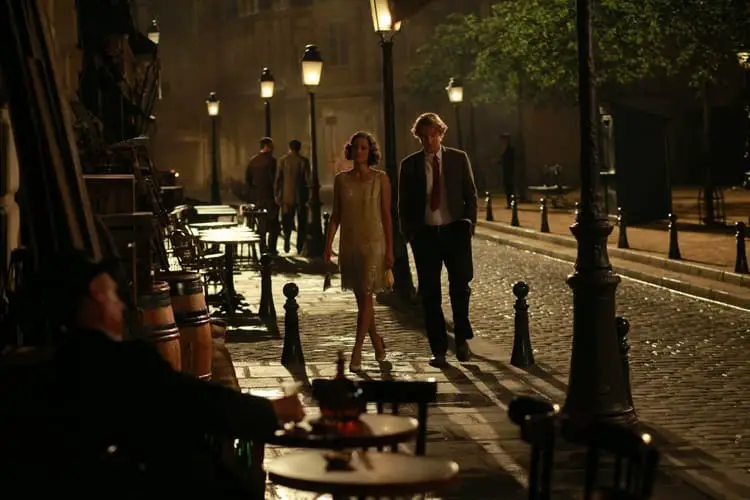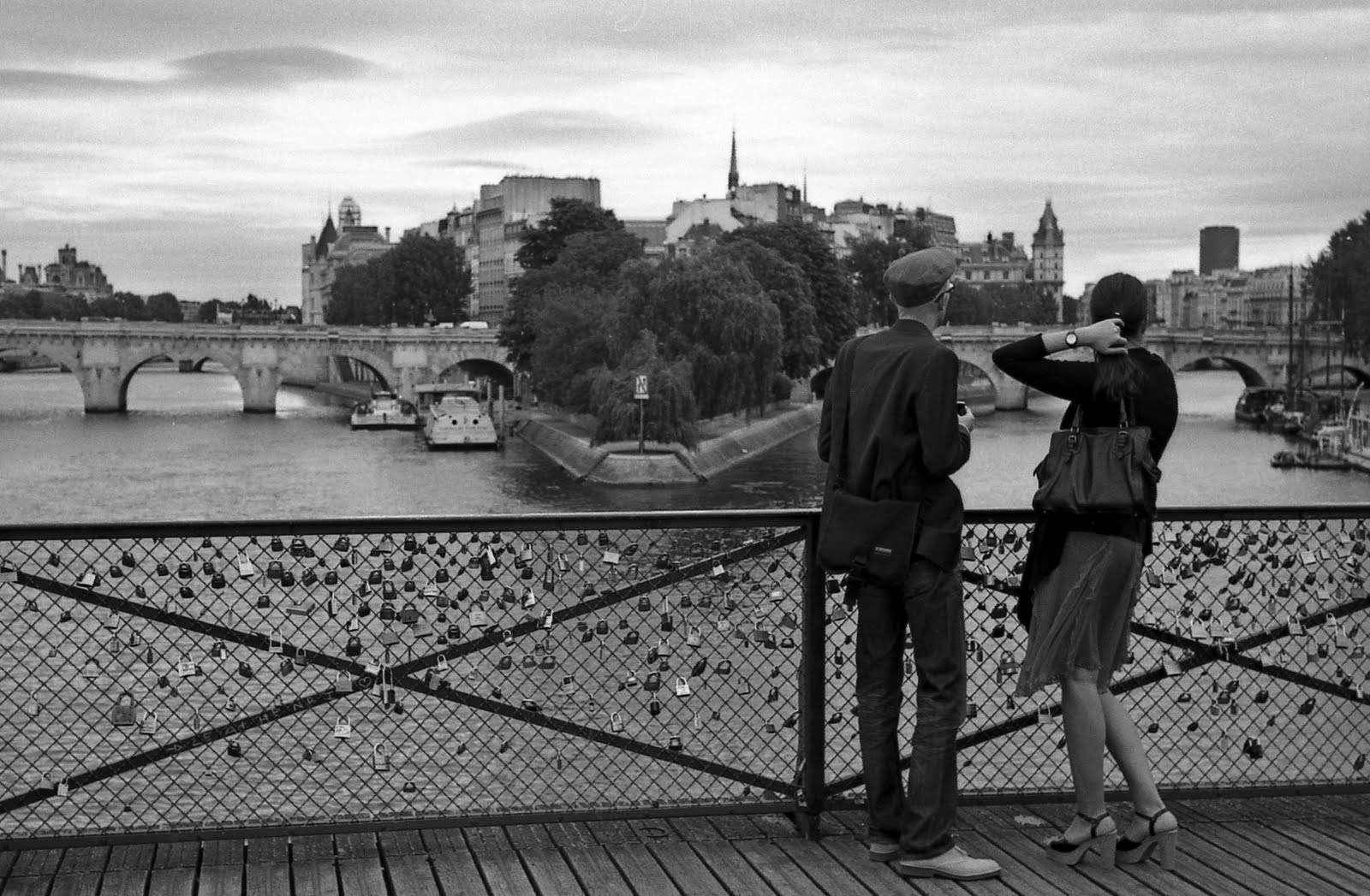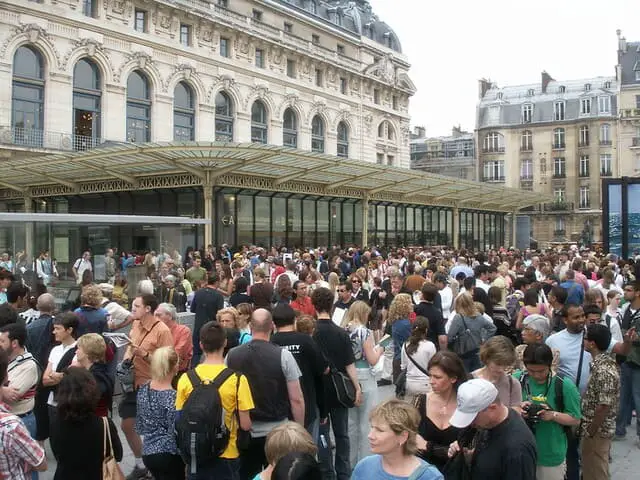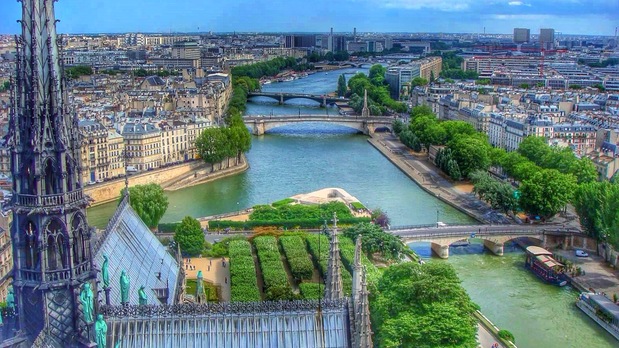
Have you ever imagined a place so perfect that it felt like stepping into a dream?
For many people, Paris is that place. The City of Light is famous for its romance, beauty, art, and fashion.
But what happens when the Paris you visit isn’t the one you imagined? For some people, this leads to a real condition called Paris Syndrome.
What Is Paris Syndrome?
Paris Syndrome is when tourists, especially first-time visitors, feel disappointed, confused, or even sick when they visit Paris.
They may have imagined Paris as a flawless, magical city where everyone is friendly and glamorous.
But when they get there, they see a real city with crowded streets, busy people, and some not-so-nice surprises.
This big gap between their dream of Paris and the real Paris can be so shocking that it causes both mental and physical symptoms.
What Are the Symptoms?
Paris Syndrome can affect the body and the mind.
People may feel:
- Confused or sad: They can’t believe Paris is so different from what they imagined.
- Anxious or scared: The unfamiliar environment feels overwhelming.
- Physically sick: They might sweat, feel dizzy, get nauseous, or have a fast heartbeat.
- Hallucinations: In rare cases, they may see or imagine things that aren’t real.
- Paranoid: Some people feel like others are treating them badly on purpose, even when it’s not true.
These symptoms don’t last forever. Most people recover quickly after resting or going home.
Why Does Paris Syndrome Happen?
Paris Syndrome isn’t just about being disappointed. It’s caused by a mix of things that make visiting Paris feel overwhelming for some people.
1. Unrealistic Expectations

People often grow up seeing Paris in movies, advertisements, or books as a perfect place.
Japanese media, for example, shows Paris as a dreamy city where everyone is beautiful, stylish, and rich. They imagine elegant cafés, peaceful streets, and magical views of the Eiffel Tower.
But the real Paris is different. It’s a busy, modern city with crowds, traffic, and everyday problems like any big city. This difference can feel shocking, especially when people have been dreaming about visiting Paris for a long time.
Mario Renoux, president of the Franco-Japanese Medical Association, explained it well: “Magazines often depict Paris as a place where most people on the street look like models and most women dress in high fashion brands. In reality, neither Van Gogh nor models are on the street corners of Paris.”
2. Cultural Differences
Cultural differences between Paris and a visitor’s home country can also play a big role.
For example:
- In Japanese culture, politeness and calmness are very important, and people often avoid being too loud or direct. In Paris, people may seem more casual, loud, or even rude by comparison.
- While Japanese visitors may expect warm and polite service, Parisians are often more reserved and may not go out of their way to greet strangers warmly.
- Parisians have a different sense of humor and way of expressing themselves, which might feel confusing or unfriendly to someone from another culture.
3. The Language Barrier
French and Japanese are very different languages, and most tourists from Japan don’t speak French.
At the same time, many Parisians don’t speak Japanese.
This makes it hard for visitors to ask for help or communicate, leading to feelings of isolation and frustration.
4. Travel Stress
Traveling to Paris can be exhausting, especially for visitors coming from far away, like Japan.
Long flights, jet lag, and navigating an unfamiliar city add stress.
For some people, this stress makes it harder to deal with the challenges of being in a new place.
5. Paris as a Symbol

For many people, Paris isn’t just a city—it’s a symbol of romance, beauty, and success.
When they realize it’s not a perfect fairytale, it can feel deeply disappointing.
Jean-François Zhou, president of the Association of Chinese Travel Agencies in France, said: “Chinese people romanticize France. They know about French literature and French love stories. But some of them end up in tears, swearing they’ll never come back.”
Who Discovered Paris Syndrome?
The term Paris Syndrome was created in the 1980s by a Japanese psychiatrist named Hiroaki Ota, who worked in France. He noticed that some of his Japanese patients felt overwhelmed and sick after visiting Paris.
Another psychiatrist, Youcef Mahmoudia, later studied the condition and said it’s not just about Paris—it’s a type of “travel shock.” When someone gets too excited or stressed about visiting a new place, it can affect their body and mind. Mahmoudia explained, “This is psychopathology related to travel, rather than a syndrome of the traveler.”
Is Paris Syndrome Common?
Paris Syndrome isn’t very common, but it does happen. The Japanese Embassy in Paris says it helps about 20 tourists a year who experience it. Most cases are mild, but some tourists need to go home early or even get medical care.
Even though it mostly affects Japanese visitors, tourists from other countries, like China, have also experienced it.
This happens because media in many countries shows Paris as a dreamy, perfect place.
What Makes Paris Syndrome Unique?
Paris Syndrome is part of a bigger group of conditions where travel affects people in surprising ways.
Other examples include:
- Stendhal Syndrome: This happens when people feel dizzy or overwhelmed by too much beauty, like in an art museum or historic site.
- Jerusalem Syndrome: Some people visiting Jerusalem feel overly emotional or start imagining they are part of a religious story.
Michel Lejoyeux, head of psychiatry at Bichat–Claude Bernard Hospital in Paris, commented on how travel can influence mental health: “Traveler’s syndrome is an old story.”
He explained that it’s not unique to Paris—people can feel overwhelmed in other destinations too.
What Do People Expect vs. What They Get?
The idealized version of Paris often includes:
- Quiet cobblestone streets with artists painting charming scenes.
- Friendly waiters at outdoor cafés serving perfect croissants.
- Locals who look like models and wear designer clothes.
- A romantic atmosphere with every corner looking like a movie scene.

The reality of Paris is more like this:
- Crowded streets, noise, and traffic, especially near tourist attractions.
- Overworked waiters who may not have time for small talk.
- Everyday Parisians living normal lives—they’re not all dressed like fashion models!
- Crime, like pickpocketing, and street vendors aggressively selling souvenirs near the Eiffel Tower.

How Can You Avoid Paris Syndrome?
If you’re planning a trip to Paris, here are some tips to make sure you have a great time:
- Set Realistic Expectations
Remember that Paris is a real city, not a perfect dream. It’s beautiful, but it’s also busy and has its challenges, like any big city. - Learn a Little French
Even just knowing a few basic phrases like “Bonjour” (Hello) or “Merci” (Thank you) can make your trip feel smoother. Locals appreciate the effort. - Plan Your Trip Carefully
Don’t try to do everything in one day. Give yourself time to rest and enjoy quieter spots, like parks or small cafés. - Be Prepared for Differences
Understand that the culture in Paris might feel different from what you’re used to. That’s part of the adventure! - Don’t Be Afraid to Ask for Help
If you feel overwhelmed, talk to someone or take a break. Tourist information centers can be helpful.

With a passion for travel and having visited over 50 countries, Dorian is eager to share his favorite spots and expert tips to help you explore Paris and France like a local.




